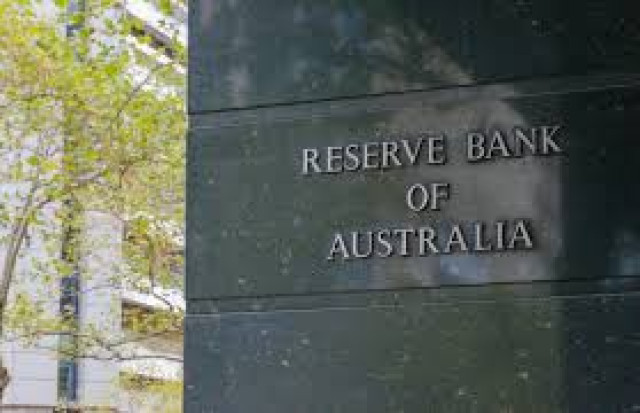On Tuesday, Australia’s central bank reduced its main interest rate to its lowest level in two years, but cautioned that US tariffs continue to create uncertainty for the national economy.
The Reserve Bank of Australia decreased the cash rate by 25 basis points to 3.85% as it noted steady progress in controlling inflation. However, officials highlighted “considerable uncertainty,” referencing the global reactions to the tariffs imposed by US President Donald Trump.
The bank's board stated that these developments could negatively impact global economic activity, particularly if households and businesses postpone spending while awaiting more clarity on the economic outlook. The current cash rate is the lowest since May 2023.
This decision followed a similar reduction in February, marking the first time since November 2020 that the bank had cut borrowing costs. Treasurer Jim Chalmers told reporters, “We understand the job isn’t over and there is more to be done, but we appreciate it.”
Like many major central banks, Australia raised rates to combat soaring inflation resulting from the Covid-19 pandemic and the war in Ukraine. Inflation has decreased from a high of 7.8% in December 2022 to 2.4%, according to figures from the Reserve Bank.
Despite easing price pressures, many Australian families continue to struggle with the high costs of food, fuel, and housing.




















